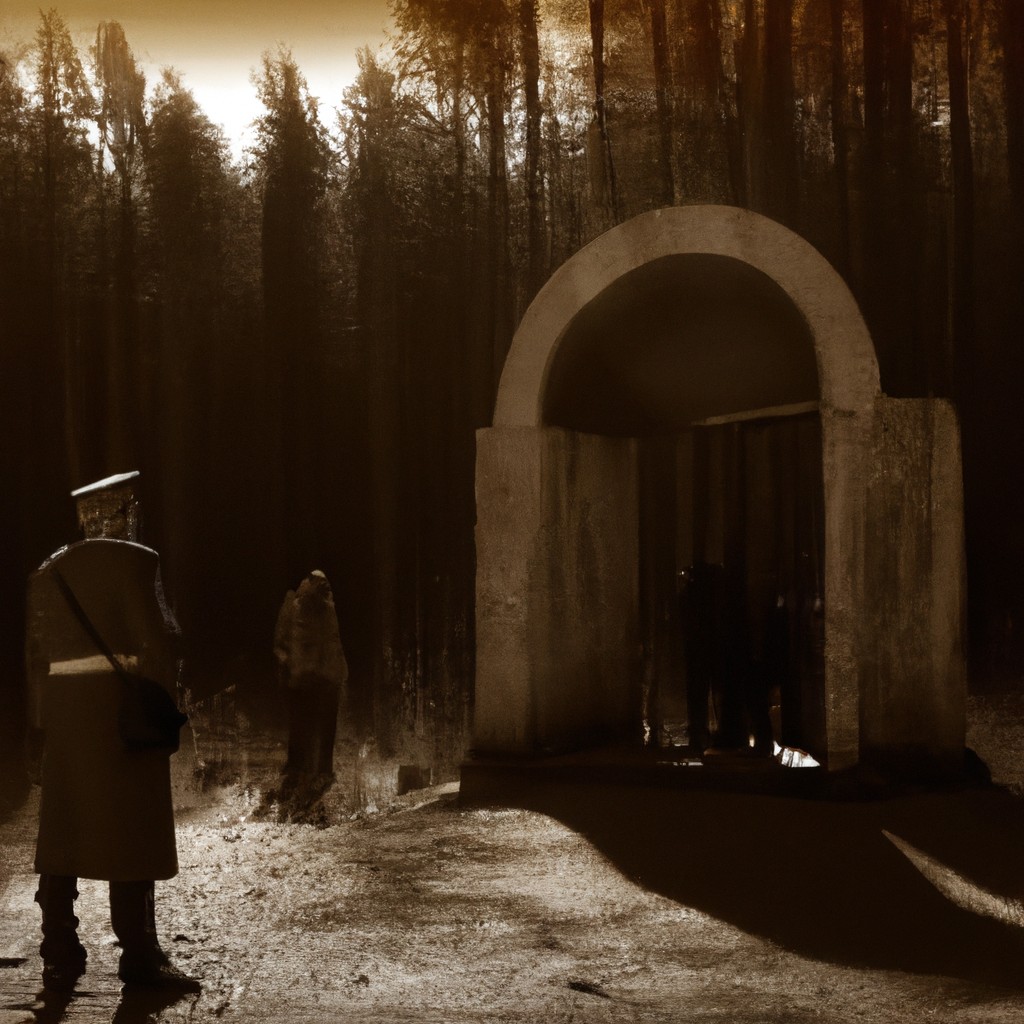Causes of the Russian Revolution

The Russian Revolution of 1917 was sparked by a culmination of factors. Economic distress played a significant role, with the majority of Russians facing poverty and inequality. Social unrest grew due to the brutal working conditions, lack of workers' rights, and a widening gap between the rich and the poor. Political oppression under the autocratic rule of Tsar Nicholas II further fueled discontent. The failures of the Russo-Japanese War and World War I heightened national dissatisfaction. Additionally, the ideas of Marxism and the Bolshevik Party, led by Vladimir Lenin, provided a rallying point for those seeking radical change. These various factors combined to ignite the revolution, leading to the downfall of the tsarist regime and the establishment of a communist government.
Read more
Russian Revolution

The Russian Revolution was a seismic event that forever altered the course of history. It was a time of profound transformation, marked by swirling emotions, radical ideologies, and widespread discontent. The Russian populace, burdened by years of oppressive feudalism and economic inequality, finally reached a boiling point. With unwavering determination, they surged forward, demanding change and justice. The streets pulsated with fervor, as the revolutionaries painted a vivid portrait of hope and defiance. The air vibrated with the echoes of their passionate cries for freedom, equality, and a society rid of oppressive chains. The Russian Revolution, a poignant chapter in human struggle, reverberates through the annals of time, forever forming the collective memory of a nation's courageous pursuit of a better tomorrow.
Read more












